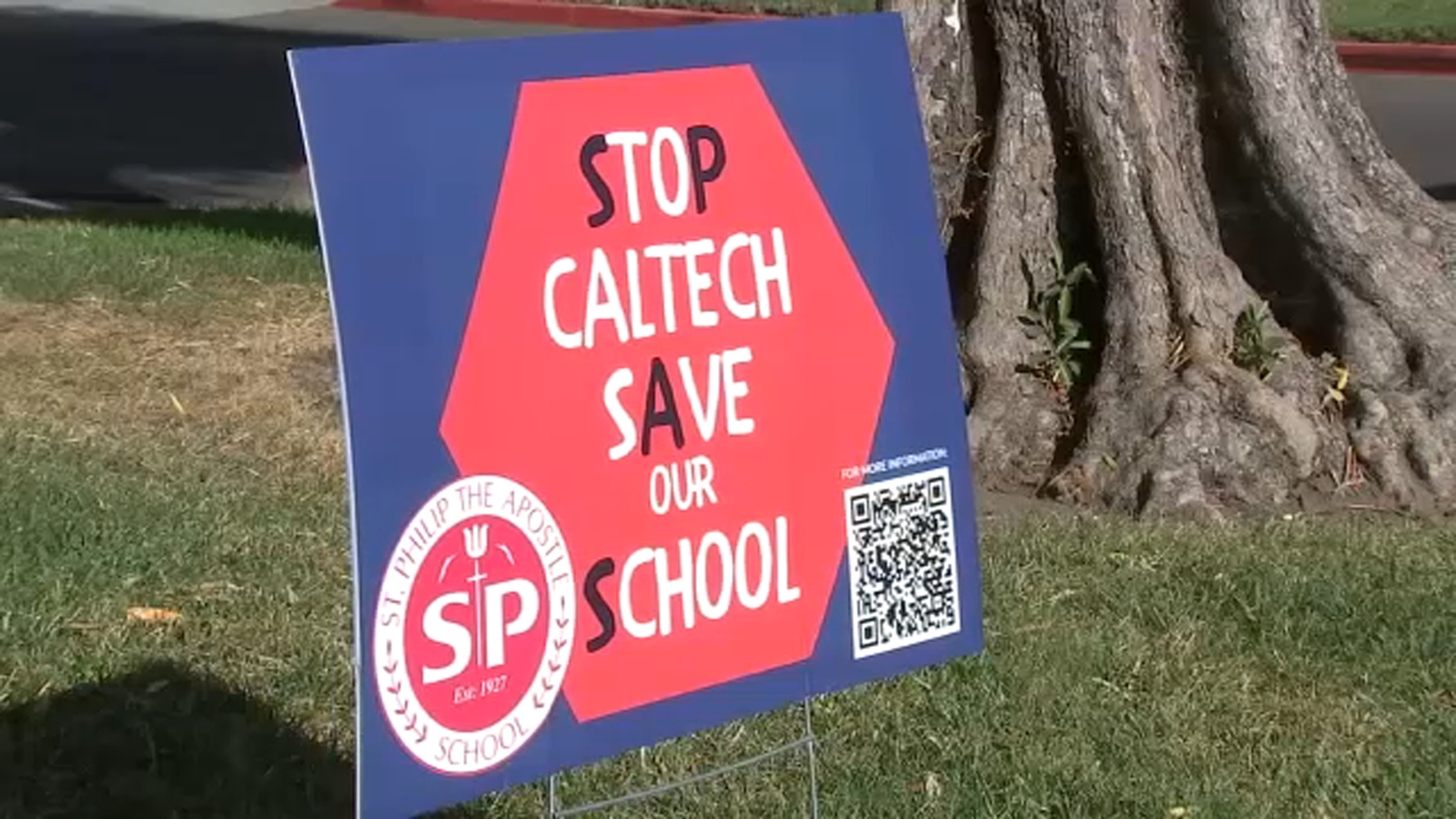How is India Transforming Google's Nano Banana with Local Creativity?

Published: 2025-09-18 04:00:00 | Category: Trump GNEWS Search
Google’s Nano Banana image-generation model, also known as Gemini 2.5 Flash Image, has sparked a creative revolution in India since its launch last month, becoming the leading app in the country amidst a surge in privacy and safety concerns. The model has inspired millions of users to engage in unique and culturally resonant ways, from recreating retro Bollywood looks to generating selfies in front of iconic landmarks.
Last updated: 30 October 2023 (BST)
Key Takeaways
- India is the top user of Google's Nano Banana model, driving significant app downloads.
- Unique local trends include retro Bollywood-inspired portraits and AI saree creations.
- The app's downloads in India surpassed 15 million this year, outpacing the U.S.
- Privacy concerns are rising as users upload personal images for transformation.
- Google is implementing measures to enhance user privacy and content detection.
The Rise of Nano Banana in India
Since launching, Google’s Nano Banana has not only topped the charts in India but has also become a cultural phenomenon. According to David Sharon, the multimodal generation lead for Gemini Apps at Google DeepMind, India has emerged as the number one country in terms of usage of this innovative AI model. The app has witnessed explosive growth, climbing to the top of free app charts on both the App Store and Google Play in India, and achieving a prominent position globally.
Understanding the Popularity
India’s position as the world’s second-largest smartphone market and its massive online population contribute significantly to the app's adoption. Millions of users are not just downloading Nano Banana; they are engaging with it in ways that reflect local culture, creativity, and innovation. This engagement has propelled the Gemini app to unprecedented heights, with an average of 1.9 million downloads monthly from January to August, surpassing U.S. figures by 55%.
Unique Trends Emerging from Nano Banana Usage
The unique ways in which Indians are utilising Nano Banana highlight the model's versatility and the creativity of its users. One of the most notable trends is the recreation of retro looks inspired by 1990s Bollywood cinema. Users are generating images of themselves adorned in period-specific fashion, hairstyles, and makeup, effectively transporting themselves back to a nostalgic era.
The AI Saree Trend
A variation of the retro movement is referred to as the “AI saree,” where users create vintage-style portraits wearing traditional Indian attire. This trend not only celebrates cultural heritage but also demonstrates the model's capability to generate intricate details associated with traditional clothing.
Cityscapes and Iconic Landmarks
Another trend involves users generating selfies set against famous cityscapes and landmarks, such as Big Ben and the iconic British telephone booths. This trend not only showcases the model's capabilities but also reflects a fusion of local and global cultures through technology.
Creative Applications Beyond Trends
Beyond these trends, Indian users are experimenting with Nano Banana to produce imaginative transformations of objects, create time-travel effects, and even visualise encounters with their younger selves. Innovative applications have also included generating black-and-white portraits and reimagining oneself as a retro postage stamp. Such creativity demonstrates the expansive potential of the AI model.
The Global Influence of Indian Users
While some trends may have originated outside India, the country has played a pivotal role in amplifying their global reach. For instance, the figurine trend — where users create miniature versions of themselves — began in Thailand and found its way to India before spreading internationally. This illustrates how Indian users are not just passive consumers but active participants in shaping global trends.
Impact on App Downloads and Consumer Spending
The surge in Nano Banana's popularity has translated into substantial download figures for the Gemini app. With 15.2 million downloads in India this year alone, compared to 9.8 million in the U.S., the app has solidified its status as a leader in the market. Notably, daily downloads peaked following the release of the Nano Banana update, reaching a staggering 414,000 on September 13, marking a 667% increase in downloads.
Financial Insights and In-App Purchases
Despite leading in downloads, India does not rank first in in-app purchases on the Gemini app. The app has generated an estimated $6.4 million in global consumer spending on iOS since its launch, with the U.S. accounting for the largest share at $2.3 million (35%). In contrast, India contributes a modest $95,000 (1.5%) to this total. Nevertheless, India's month-over-month growth in spending is noteworthy, with an 18% increase recorded between September 1 and 16, outpacing global and U.S. figures.
Privacy and Safety Concerns
As with many AI applications, the rise of Nano Banana has raised important questions regarding user privacy and data security. Concerns have emerged about users uploading personal photos for transformation, prompting Google to take measures to safeguard user data. Sharon addressed these concerns, stating that Google strives to fulfil user requests while being mindful of privacy issues.
Google's Response to Privacy Issues
To address these concerns, Google has implemented visible watermarks on images generated by the Nano Banana model, along with hidden markers using its SynthID tool. This approach enables Google to identify AI-generated content and mitigate potential misuse. Furthermore, the company is testing a detection platform with trusted testers and plans to launch a consumer-facing version to allow users to verify whether an image was AI-generated.
Future Developments and User Feedback
Sharon emphasised that the journey with Nano Banana is just beginning, and Google is committed to evolving alongside its user base. Feedback from users, industry experts, and academia is crucial to enhancing the service and addressing any shortcomings. This collaborative approach reflects a commitment to ethical AI development and user safety.
Conclusion
The remarkable rise of Google’s Nano Banana in India illustrates the app's potential to foster creativity and cultural expression while presenting challenges related to privacy and data security. As millions engage with this technology in innovative ways, the future of AI image generation holds both promise and responsibility. How will emerging trends continue to shape user interactions with AI tools like Nano Banana?
#NanoBanana #AITrends #DigitalCreativity
FAQs
What is the Nano Banana model?
The Nano Banana model, officially known as Gemini 2.5 Flash Image, is an AI image-generation tool developed by Google that allows users to create and transform images based on their inputs.
How has Nano Banana become popular in India?
India's popularity with Nano Banana stems from its vast smartphone market and the unique ways users engage with the app, including retro-themed creations and cityscape selfies.
What are some popular trends associated with Nano Banana?
Popular trends include recreating retro Bollywood styles, generating AI saree portraits, and creating figurine versions of users, showcasing the model's versatility and local creativity.
Are there privacy concerns with using Nano Banana?
Yes, there are concerns about users uploading personal photos for transformation. Google is implementing measures to protect user data and has introduced watermarks and hidden markers for AI-generated content.
How does Nano Banana compare in downloads to the U.S.?
As of August 2023, Nano Banana recorded 15.2 million downloads in India, significantly surpassing the U.S.'s 9.8 million downloads, highlighting its immense popularity in India.



